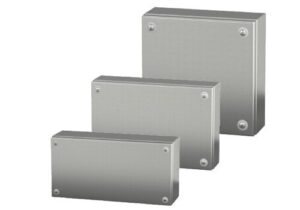
Metal Enclosure Materials Compared: Stainless Steel or Aluminum?
Choosing the right enclosure material isn’t just a preference — it determines durability, heat behavior, installation workload, corrosion life, and total operating cost over time.
We regularly update articles related to the manufacturing industry.

Choosing the right enclosure material isn’t just a preference — it determines durability, heat behavior, installation workload, corrosion life, and total operating cost over time.
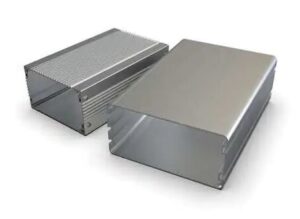
When you design a custom enclosure, one of your earliest and most valuable decisions is the metal you use. This choice affects almost every part
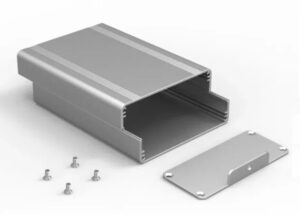
6063 aluminum is one of the most common alloys in the 6000 series. It offers good strength, strong resistance to corrosion, and a smooth surface finish. Its mix of mechanical and chemical properties makes it popular in industries where both performance and appearance are essential.
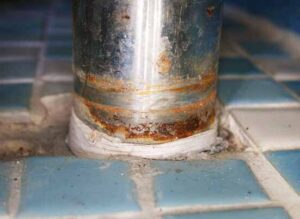
Electrolytic corrosion happens when stainless steel breaks down under an electrical current in a wet or conductive setting. The current can come from contact with other metals, stray electricity, or charged particles in the environment. When this occurs, electrons move between different areas on the metal, creating an anode and a cathode. The anode loses material, which shows up as pits, cracks, or surface thinning.
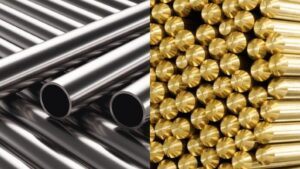
Brass is a copper-zinc alloy well known for its easy machinability and natural resistance to corrosion. Because of these qualities, it is widely used in plumbing parts, decorative pieces, and electrical fittings. On the other hand, stainless steel is an iron-based alloy with chromium. It provides high strength, excellent durability, and strong resistance to rust and chemicals.
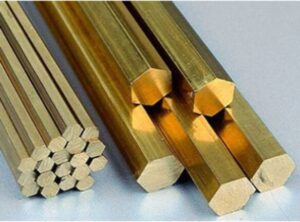
Brass 260 is strong and resistant to corrosion. It is often used for drawn parts such as tubes and cartridges. Brass 360, on the other hand, is popular because of its excellent machinability. It works best for machined parts like valves, fittings, and hardware. The choice depends on how the part is made, the needed mechanical properties, and the project’s budget.
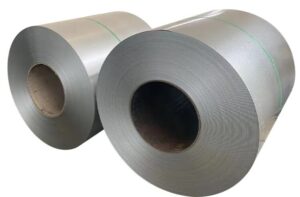
Galvanized steel is stronger and cheaper, making it suitable for heavy-duty applications. Aluminum is lighter, resists rust naturally, and is better for projects where weight matters. Both metals perform well in different environments, but the choice depends on specific needs such as strength, weight, and corrosion resistance.
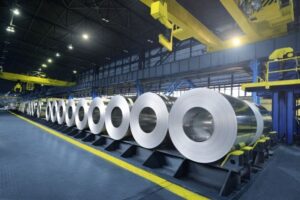
Aluminum rolling is pressing aluminum ingots or slabs into thinner shapes using rotating rollers. Depending on the rolling method, the aluminum usually starts as large blocks that are either heated or kept at room temperature. As the rollers press down, they squeeze and stretch the metal, turning it into flat sheets with accurate thickness and size.
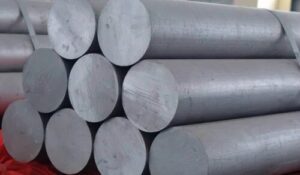
Aluminum grades are numbered series that group alloys by their central element. Each series offers different properties. For example, the 6000 series provides good strength and weldability. The right grade balances your needs for strength, corrosion resistance, and how easy it is to machine.
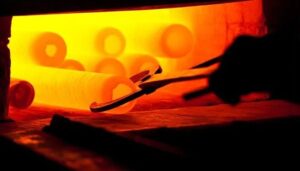
Heat-treated steel is steel that has been heated and cooled in a specific way to change its internal structure. It works by changing the microstructure of steel, which is made up of grains that form during solidification and cooling. The goal is to control how these grains form and change.
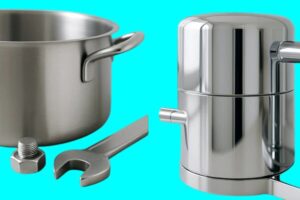
Chrome is a metal coating that gives a shiny finish and protects against rust. Stainless steel is a solid metal mix that naturally resists corrosion and stains. Chrome looks bright and smooth, but it is just a thin layer on top of another metal. Stainless steel is tough all the way through and does not need extra coating. Both have unique uses and benefits, but their properties and costs differ.
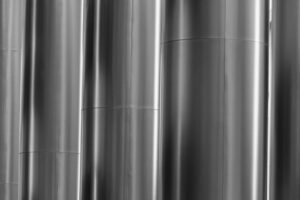
So yes, aluminum is ductile, especially in its pure form. However, the level of ductility changes depending on the alloy and how it’s processed.
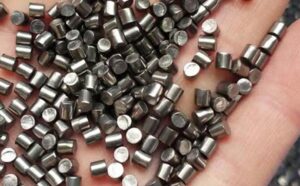
More and more industries are using titanium, changing how buyers view pricing. The cost of titanium per pound isn’t always clear. It can change due
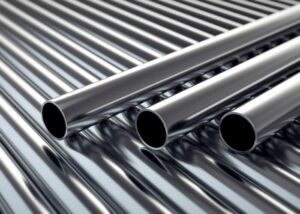
The number 316 refers to the grade in the 300 series of stainless steels. It’s austenitic, meaning it has a face-centered cubic crystal structure. It contains iron, chromium, nickel, and molybdenum, which give the metal its strength and rust resistance.
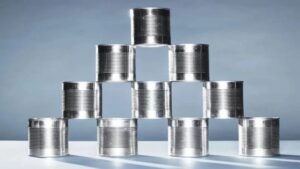
Tin is not a magnetic metal. Standard tin does not react to magnets, and you cannot attract it with a magnet. Tin is known as a “diamagnetic” material, which means it creates a weak opposing force to a magnetic field.
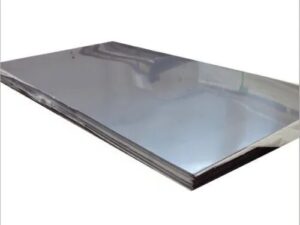
201 stainless steel is part of the 200 series of austenitic stainless steels. It contains less nickel than 304 but adds more manganese and nitrogen to compensate. This change helps lower the cost while keeping much of the needed strength and ductility. The standard composition includes around 16–18% chromium, 3.5–5.5% manganese, 4–6% nickel, and small amounts of nitrogen and carbon.
We will contact you within 1 working day, please pay attention to the email with the suffix”@goodsheetmetal.com”